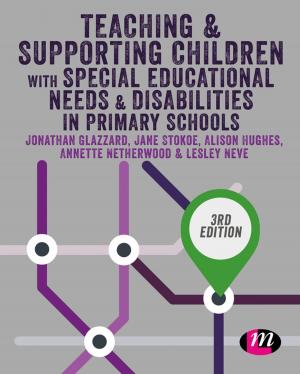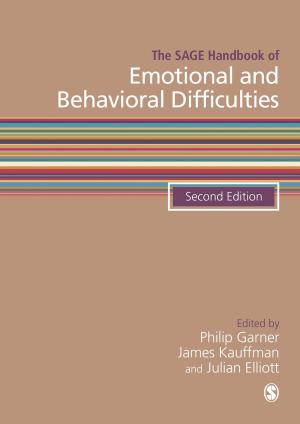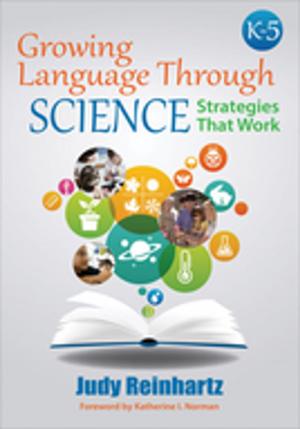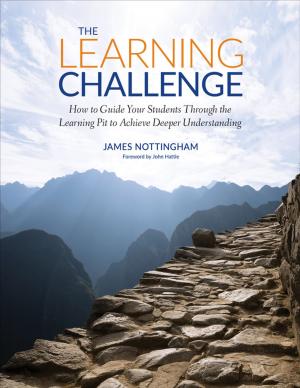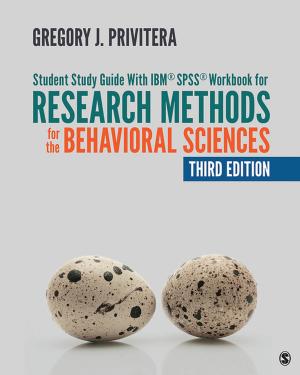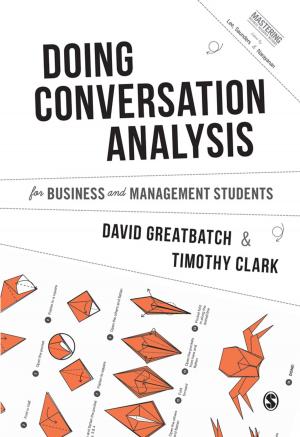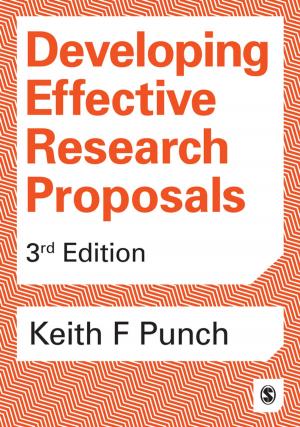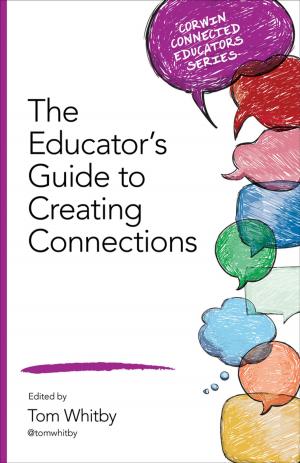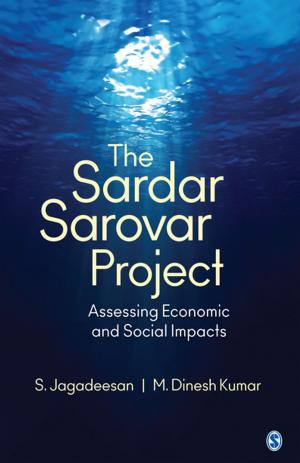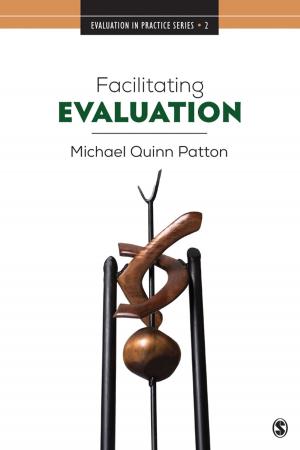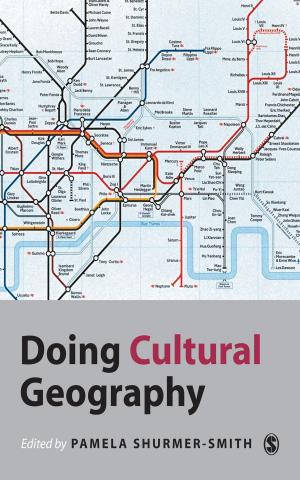Introduction to Educational Research
A Critical Thinking Approach
Nonfiction, Reference & Language, Reference, Research, Education & Teaching| Author: | Dr. W. (William) Newton Suter | ISBN: | 9781483342450 |
| Publisher: | SAGE Publications | Publication: | October 10, 2011 |
| Imprint: | SAGE Publications, Inc | Language: | English |
| Author: | Dr. W. (William) Newton Suter |
| ISBN: | 9781483342450 |
| Publisher: | SAGE Publications |
| Publication: | October 10, 2011 |
| Imprint: | SAGE Publications, Inc |
| Language: | English |
Engaging, informative, and nontechnical, Introduction to Educational Research: A Critical Thinking Approach, Second Edition was written and organized specifically for students intending to conduct future educational research. It enables students to think clearly and critically about the process of research and illustrates how easily research can be misinterpreted. The author empowers educators and makes research truly accessible by equipping readers with the reasoning and thinking skills needed to understand and critically evaluate empirical studies across all areas of education. Students are guided through the stages of the research process: thinking about research, formulating hypotheses, selecting appropriate research designs, collecting and analyzing statistical and qualitative data, and completing research analyses and critiques. As a result, students will better understand research as an integrated process, as well as show how and why researchers think like they do.
Engaging, informative, and nontechnical, Introduction to Educational Research: A Critical Thinking Approach, Second Edition was written and organized specifically for students intending to conduct future educational research. It enables students to think clearly and critically about the process of research and illustrates how easily research can be misinterpreted. The author empowers educators and makes research truly accessible by equipping readers with the reasoning and thinking skills needed to understand and critically evaluate empirical studies across all areas of education. Students are guided through the stages of the research process: thinking about research, formulating hypotheses, selecting appropriate research designs, collecting and analyzing statistical and qualitative data, and completing research analyses and critiques. As a result, students will better understand research as an integrated process, as well as show how and why researchers think like they do.


